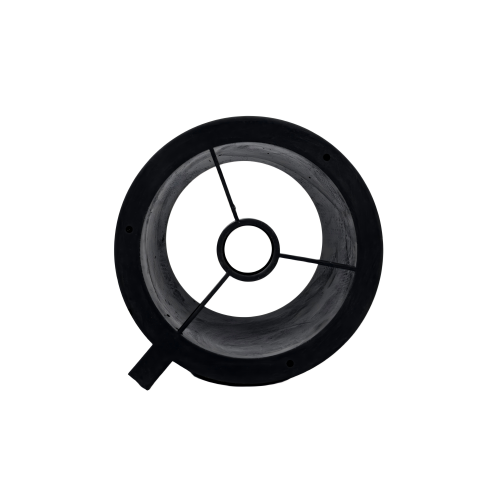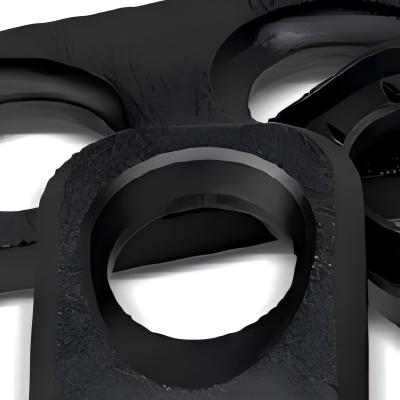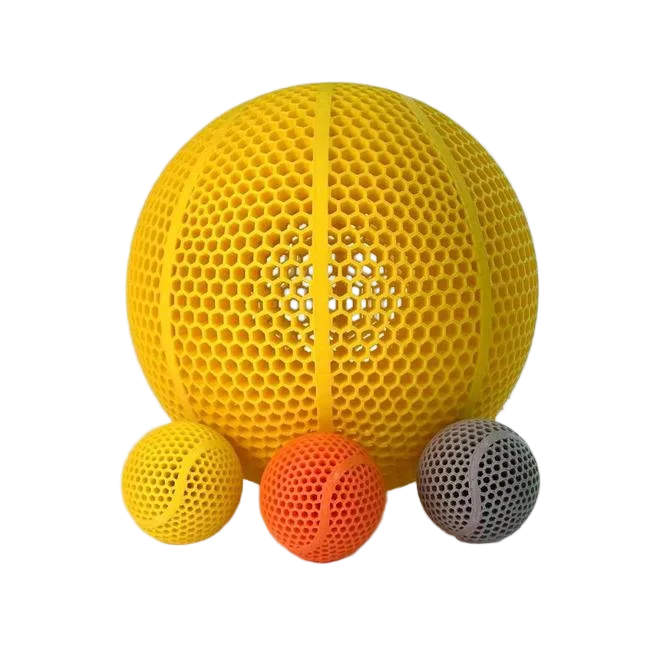Compare 3D Printing Materials
Explore and compare 3D printing materials to find the best fit for your project. From durable plastics to flexible resins, our guide highlights key properties like strength, flexibility, and surface finish, helping you choose the right material for prototyping, production, or custom parts.
Tough Resin
Process: SLA
Durability, Strength
3D printing tough resin material is designed for printing projects that require high durability and impact resistance. It offers excellent mechanical properties, capable of withstanding high pressure and severe impact, while maintaining precise printing details. Whether creating prototypes, functional parts, or industrial applications, the tough resin provides an ideal balance—finding the sweet spot between strength and flexibility.
Flame Retardant Resin
Process: LCD
Flame Resistance
Flame-retardant resin is a high-performance material formulated with specialized additives to significantly reduce flammability and slow down flame propagation. While maintaining excellent mechanical strength and processability, it meets stringent fire safety standards. Ideal for electronics enclosures, aerospace components, transportation parts, and other applications requiring superior fire resistance, this resin enables precise 3D printing of complex geometries while ensuring reliable performance under high temperatures and flame exposure.




